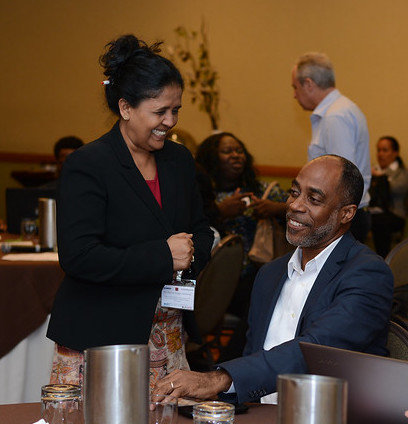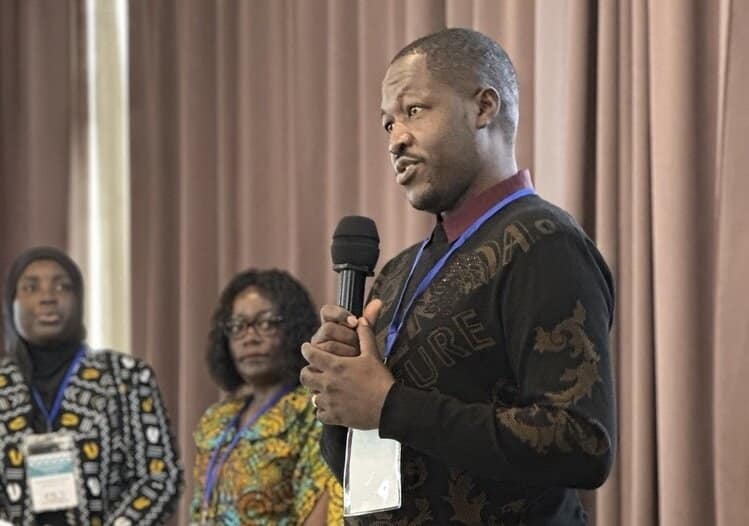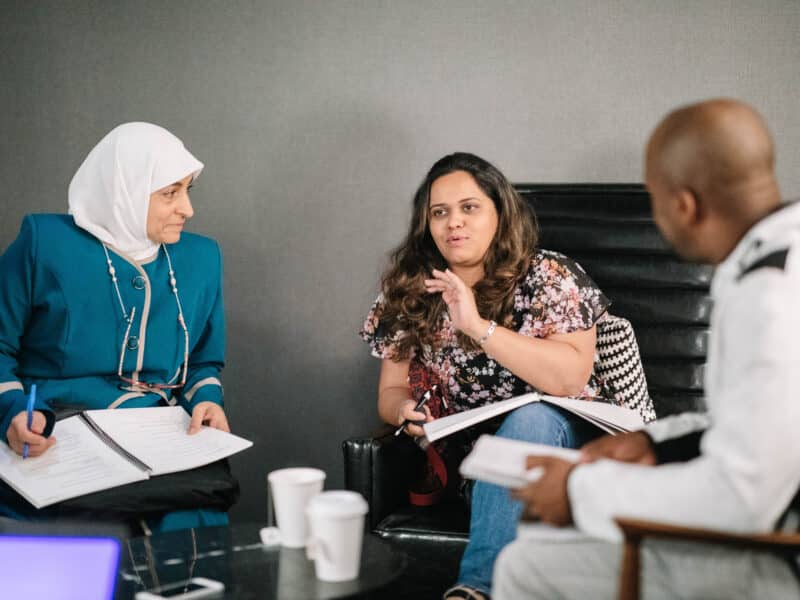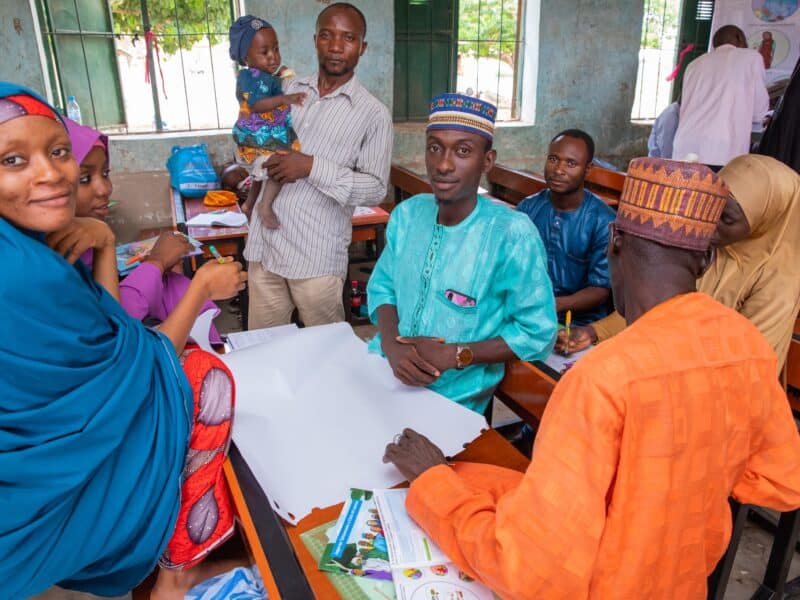Since its founding in 2001, the Pan Caribbean Partnership Against HIV and AIDS (PANCAP) has been focused on responding to HIV in the region – getting people tested and treated and reducing the infection’s spread.
Each of PANCAP’s member country had varying levels of success and each conducted much of their work in parallel. But they weren’t learning from what their neighbors were doing well or what they found most challenging, not in any systematic or regular way.
Enter the Johns Hopkins Center for Communication Programs’ Knowledge for Health project (K4Health). With the support of the U.S. Agency for International Development (USAID), through the U.S. President’s Emergency Plan for AIDS Relief (PEPFAR), CCP entered into a partnership with PANCAP in 2016 to more methodically and strategically facilitate the sharing of HIV knowledge among Caribbean countries and collaborate on developing solutions to aid one another in their efforts to tackle the HIV epidemic.
So successful has this intentional collaboration become that PANCAP will continue the work after CCP’s K4Health project – and its support to PANCAP – end later this year. This will be done by keeping in place the structures set up during the CCP and PANCAP partnership and, importantly, with continued funding from USAID to maintain the knowledge management activities.
“The partnership started something of a movement of sharing knowledge and collaborating among HIV organizations in the Caribbean,” says CCP’s Elizabeth Tully, who leads the K4Health work for PANCAP from the United States. “With USAID continuing to fund this work – and by doing it through a local organization – it says that we have done what we set out to do: Help spread the best practices in the region and build the capacity of our local colleagues to take on the work we started and make it their own.”
Dereck Springer, PANCAP’s director, says he believes that “the PANCAP partnership recognizes the value of knowledge management in the region, the work of this project and the importance of integrating knowledge management in regional and partner events. These efforts fostered a greater appreciation of PANCAP’s central position in responding to the HIV epidemic in the region and the inclusiveness of its approach, as evidenced by the robust engagement of civil society partners, people living with HIV, other key and affected populations, and non-traditional partners such as faith leaders and parliamentarians.”
The work on the ground in the Caribbean is led by staff of the PANCAP Coordinating Unit including two people who are funded by K4Health and supported by K4Health staff in Baltimore. It has included a variety of activities designed to get key stakeholders in the response to HIV to come together and collaborate more systematically and to use new methods for sharing and learning.
And it has been especially valuable in reaching those key population groups where HIV incidence is highest, including sex workers, transgender people and men who have sex with men, by working collaboratively with civil society organizations that are strategically placed to reach these populations more easily.
The partnership has hosted annual in-person knowledge exchange events, including Share Fairs where successful programs explain how they achieved accomplishments and give others have an opportunity to learn from what they have done right – and wrong – on the road to success.
The partnership has also hosted webinars, shared on social media, published newsletters and redesigned PANCAP’s website. A knowledge management working group meets quarterly. And they have prepared case studies that dive deep into what makes a particular program effective and tools to help others replicate those successes.
Tully says she was inspired at last year’s Share Fair in Trinidad and Tobago which began by surveying those gathered about how confident they felt that the Caribbean could achieve the goal of treating all newly diagnosed people with antiretroviral therapy by 2020. The participants moved around the room, standing by markers, labeled 1 to 5, showing how confident they were that it could be accomplished. “A pretty large majority” believed it wasn’t likely, she says.
But after panel discussions and other conversations with their counterparts from other Caribbean nations, a similar question was asked. This time, most people said they thought the goal could be met.
“With the additional knowledge they had gained from other Share Fair participants, they felt much more that they themselves and the Caribbean as a whole could achieve it in a reasonable amount of time,” Tully says.
Shanti Singh-Anthony managed the National AIDS Program in Guyana before coming to work for the K4Health partnership. She says that another key to the success of the partnership has been the way it has used knowledge management and communication to raise the profile of PANCAP throughout the Caribbean.
Timothy Austin, who leads the communication efforts, has managed the redesigned website and used social media to truly make PANCAP the “knowledge hub for HIV in the region,” Singh-Anthony says.
“We know that there are a lot of lessons that have been learned about preventing, testing and treating HIV in the Caribbean context, but we hadn’t been sharing them,” she says. “People are more aware of those lessons now and they’re adapting some of those very lessons to their own programs. And one of the greatest lessons has been that partners now have a great appreciation for knowledge management and the role it can play in responding to the HIV epidemic.”
Springer, the PANCAP director, says that “the success of the PANCAP-K4Health partnership provides evidence of how important it is for new development partners to spend time listening to each other and the project beneficiaries before conceptualizing a project. This partnership has exemplified great value for the investment.”





